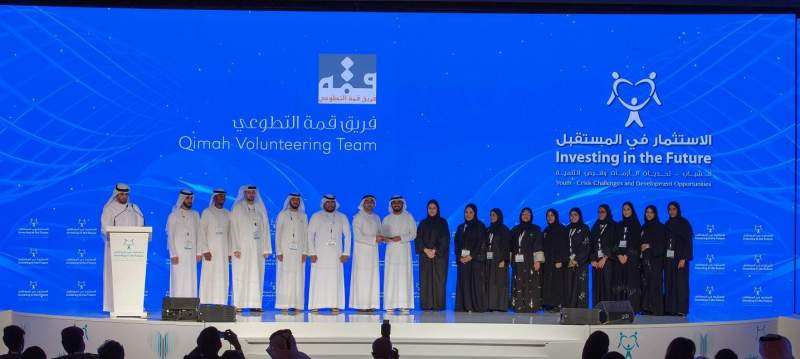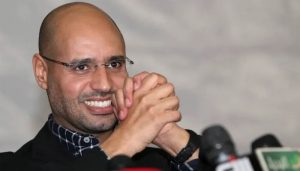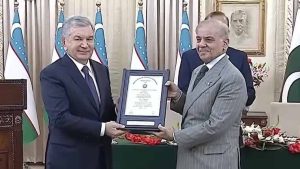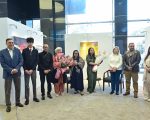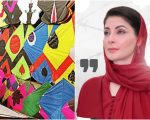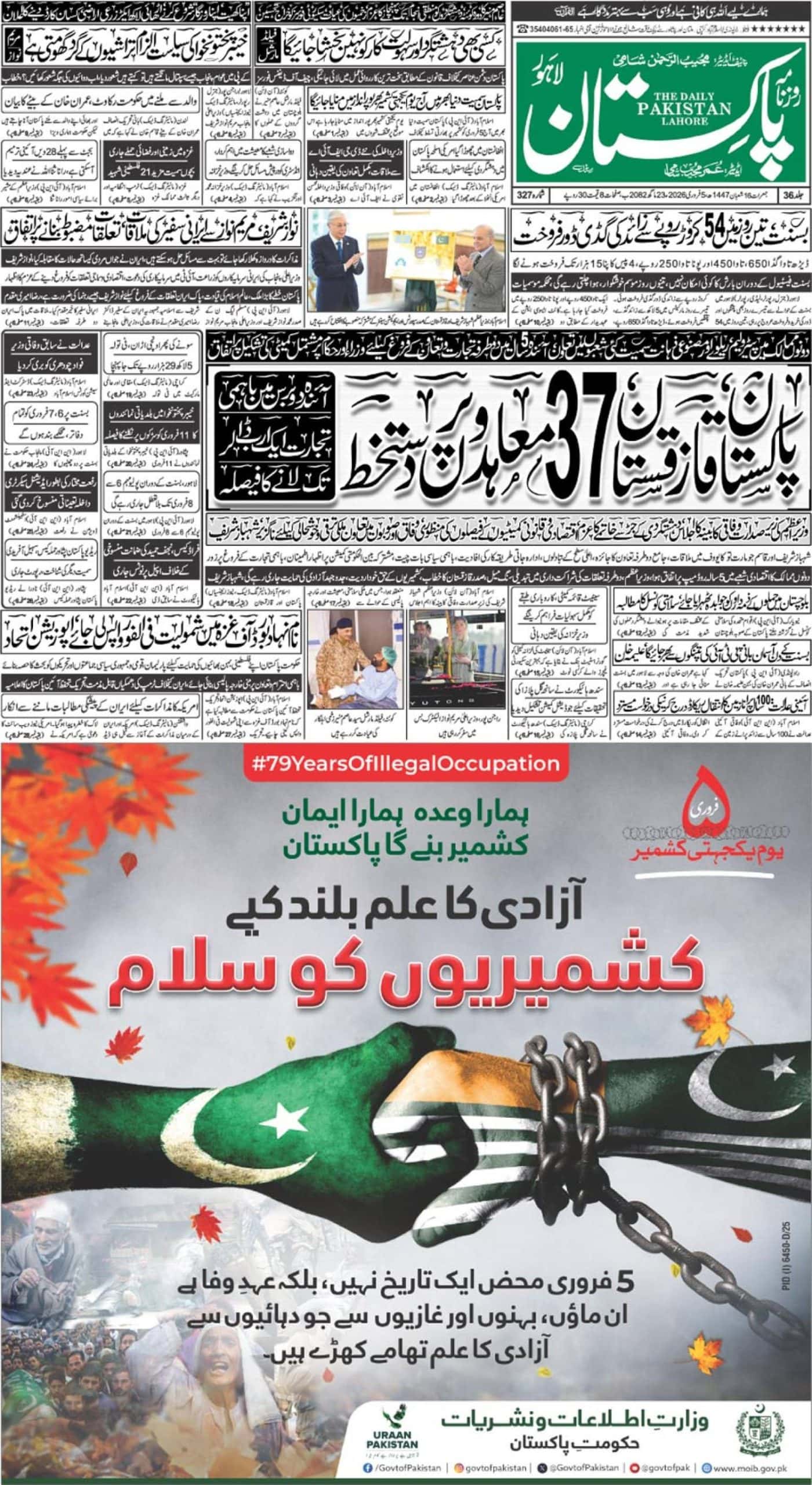SHARJAH – The young delegates who were invited by The Big Heart Foundation (TBHF) to the Investing in the Future (IIFMENA) conference from across the MENA region have got together and developed the ‘IIFMENA Youth Statement’, a set of 15 recommendations based on four days of consultation and expert workshops dedicated to exploring a more inclusionary approach to development in the region by focusing on harnessing opportunities for the youth.
Marking a successful conclusion of the third edition of the two-day conference (24 & 25 October), a delegation of 12 young women and men have developed the Statement covering IIFMENA’s mandated areas of youth education, economic empowerment of youth, social norms and practice hindering young women reaching their potential, and the role of youth in crisis response and resilience building.
The closing comments at IIFMENA 2018 were offered by Sheikh Fahim bin Sultan Al Qassimi, Executive Chairman of the Department of Government Relations, who shed light on the importance of such forums in reiterating to the international community, the importance of protecting the youth from the horrible outcomes of war and extremism by offering them opportunities to educate themselves and develop their capacities.

“It is crucial to turn empowerment slogans into practical programmes that lead to tangible results, especially in countries facing crises and conflict. Sharjah seeks to further global efforts aimed at harnessing partnerships that are forged to build a bridge that will enable the region’s youth to march into a better, more stable and secure future. The Investing in the Future conference is an example that nothing is impossible without goodwill and a sincere desire. IIFMENA is instrumental to [enabling] the youth to develop their capabilities, and play their role in building their communities,” said Qassimi.
Adding to these observations, TBHF Director, Mariam Al Hammadi, said, “After all the discussions that have taken place here with the youth, we can confidently say our decision to provide them a platform, the Investing in the Future conference, was absolutely right and necessary. We cannot create a stable, prosperous without them. Leaders and officials cannot develop policies and solutions to the crises in isolation from youth partnerships to guide us about their expectations of the future and how they intend to lead it.

“These convictions drive our efforts in the UAE and Sharjah. His Highness Sheikh Sultan bin Muhammad Al Qasimi, Member of the Supreme Council and Ruler of Sharjah says, ‘providing good education to our youth is the best long-term investment ever, and the innovative ideas of the talented graduates of our universities are the foundation of achieving the development goals’. This means allowing the youth to assume their responsibility of leading the future. This forum was a call out to them to face their challenges and further the achievements themselves; create solutions, not wait for them,” added Al Hammadi.

The IIFMENA Youth Statement announced at the closing ceremony by a young speaker from SOS Youth Advisory Board, stipulates the following:
- Ensure the inclusion of youth in the decision-making process through the establishment of a quasi-governmental Regional Youth Advisory Council, with pan-Arab representation, which would be enriched with the representation of youth minorities, refugees, and stateless youth. The released legislation would be supported by local/national executive youth-led councils in the respective countries and social groups.
- Establish youth ministries across the region backed by national budgets for youth development with the average age of ministers not exceeding 35 years of age.
- Mandate the establishment and funding of youth community centers in all urban and rural areas, allowing youth free access to supplementary educational, technological, recreational, cultural, and social facilities and activities.
- Set and formally adopt anti-harassment reporting and protection policies, including social media harassment and cyberbullying, with strict disciplinary actions against offenders, and the provision of coaching and psychological support.
- Develop community awareness and empowerment campaigns promoting gender equality and social justice at grassroots and community levels for the rights of young women and girls, and ensure male participation in anti-discrimination dialogue.
- Develop and support youth-led innovation and entrepreneurial projects, through providing digital, and physical platforms for co-creation, skills-based training, and funding solutions.
- Formulate an intellectual property rights (IPR) protection law, specifically for youth innovation and youth-led projects.
- Provide the youth with investment, banking solutions and access to credit facilities supporting their economic empowerment and financial independence, backed by inclusive financial literacy initiatives
- Ensure access to inclusive and equitable quality education through the implementation of decentralisation policies for guaranteeing equal distribution of educational and financial resources, over different rural and urban demographic landscapes.
- Create an online learning platform to allow youth, overall geographic areas, equal and free access to innovative learning technologies and academic enhancement tools, with the aim of supporting youth needs for supplementary learning.
- Develop and mandate the implementation of business-led youth mentorship, career-guidance, paid internship, training, and job readiness programs, allowing all youth access to employability and resources for becoming self-reliant.
- Provide essential youth crisis resilience and leadership programs, to enhance youth readiness and abilities for coping with crisis-related risks and trauma.
- Prioritize youth educational needs during crises, including access to ICT and distant-learning facilities, and ensure equal access to interventions for girls during crises.
- Create a central Educational Scholarships Platform for youth to search and access information regarding application requirements, submission of applications and financial solutions for educational opportunities, in partnership with universities, foundations, corporate, and private sponsors.
- Record and preserve youth educational and professional data in case of crises, and developing a digital professional networking group for showcasing youth talent and job opportunities (similar to a youth LinkedIn concept).
In presenting the ‘IIFMENA Youth Statement’, the youth participating at the conference and representing their national and social groups expressed their hope that they will be considered for formal adoption by respective governmental organisations across the MENA region.

